Tariffs Are
a Tax on
Every American
Free trade made America prosperous — tariffs just make everything cost more
You’re Paying the Price
Higher Prices.
Lost Jobs. Bailouts.
Tariffs enacted through the end of 2024:
in added taxes -
$625 per household
jobs lost due
to retaliation.
75K manufacturing
jobs lost
in farm
bailout payments
measurable gain in trade balance
Get the Facts: Policy Reports on Tariffs and the Economy
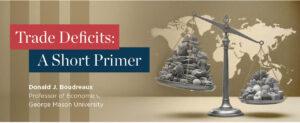
01.
Trade Deficits: A Short Primer
Authored by Donald J. Boudreaux, Professor of Economics at George Mason University
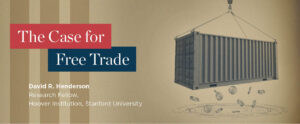
02.
The Case for Free Trade
Authored by David R. Henderson, Research Fellow at the Hoover Institution, Stanford University
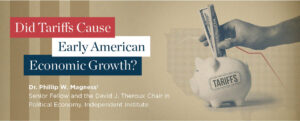
03.
Did Tariffs Cause Early American Economic Growth?
Authored by Dr. Phillip W. Magness, Senior Fellow and the David J. Theroux Chair in Political Economy at the Independent Institute
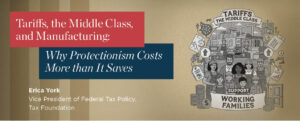
04.
Tariffs, the Middle Class, and Manufacturing: Why Protectionism Costs More than It Saves
Authored by Erica York, Vice President of Federal Tax Policy at the Tax Foundation
Why Free Trade Works

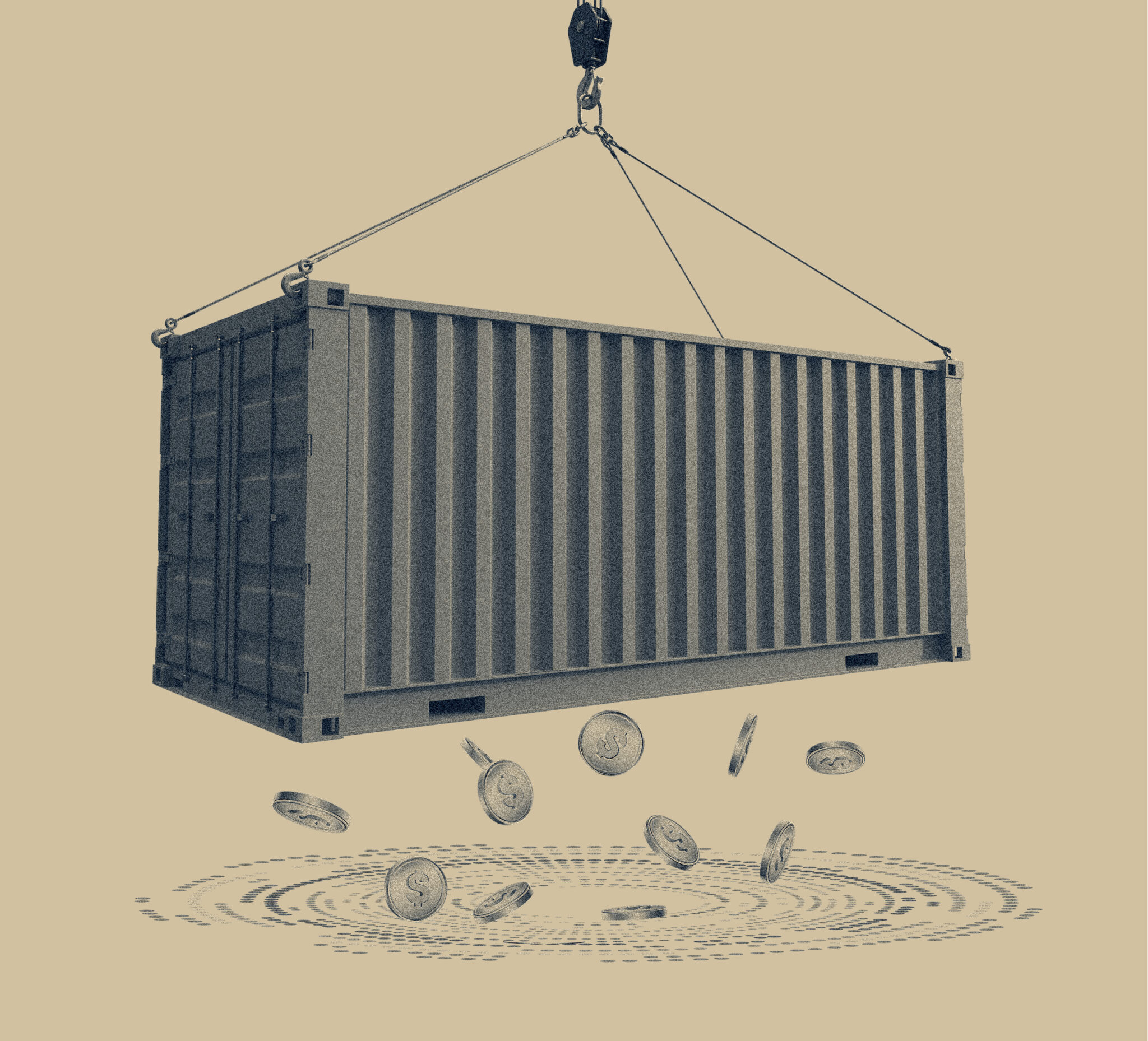
Join the Movement for Economic Sanity & Stability
01
Sign the Petition
Raise your voice against harmful trade policies. Add your name and demand change from your representatives.
02
Educate your Lawmakers
Share these white papers and materials with your Members of Congress
03
Download All Policy Reports
Download the full collection to access detailed analysis, historical context, and actionable solutions rooted in free-market principles.
What Experts Are Saying
If the President wants faster growth and less market turmoil, he can help by ending his tariff campaign. Then get Congress to move on a tax- and spending-cut bill, and press ahead with deregulation. The main lesson from Trump vs. Powell is that the central bank can’t make up for the economic policy errors of politicians."
Wall Street Journal Editorial (April 2024)
Club for Growth Foundation
Educating about Free Markets Since 2019
Your use of this site and any data collected are subject to these terms and this privacy policy.